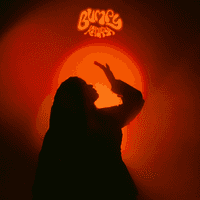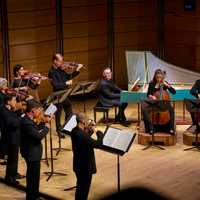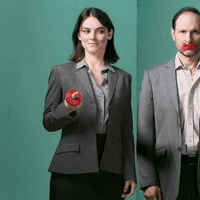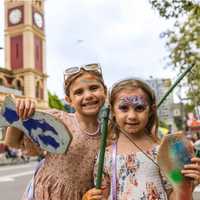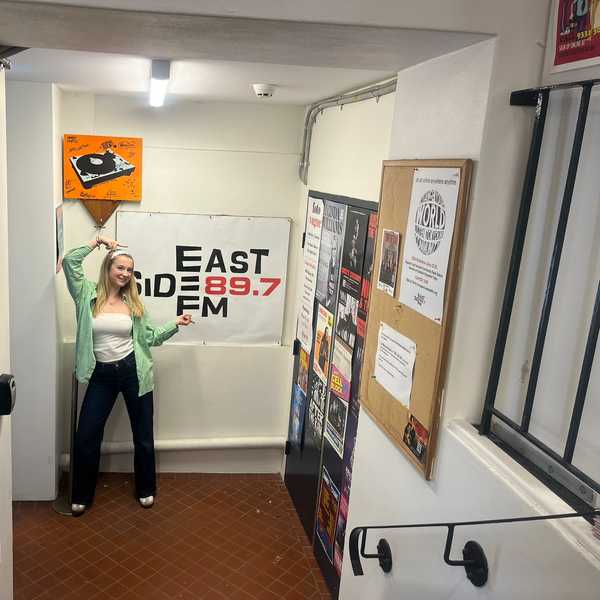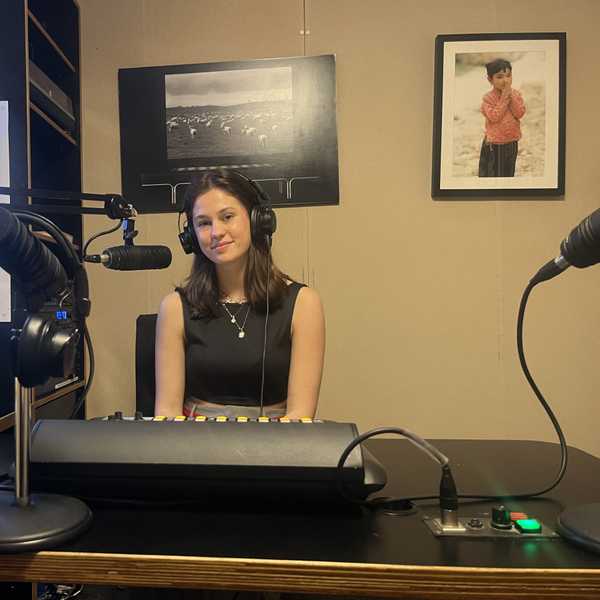Approx. 6 minute 30 second read
“Poetry and music are the best at the highest level of the human mind. Out of poetry, out of their need for poetry, human beings have developed the idea of God. And so when we sing, when we dance, when we speak poetry we are speaking out of God’s mouth, each other out of the music from God’s heart.”
Maya Angelou
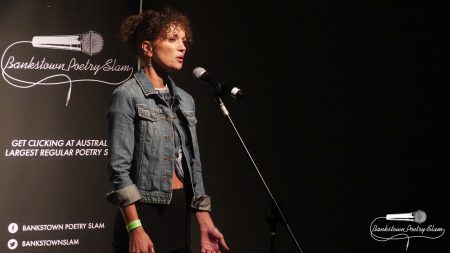
Poet, Dai Moret, joins me in the final interview of the Shout Sister Shout series to share how she traverses the space between music, improvisation and poetry as well has her unique journey as a creative soul.
Sonia de Freitas: Hi Dai, how are you and where does our interview find you today?
Dai Moret: I’m feeling the last rays of sunshine on my face on an autumn afternoon, after days of rain in the eastern suburbs of Sydney. One of the best places to be in the world at the moment. I count my privilege everyday.
SdF: Can you tell me about your artistic journey? When did you know that you were going to make creative work your career?
DM: My artistic journey with music has just started but I’m Brazilian, so music is in my hips, body and blood. I’m a poet, multi-disciplinary artist with a background in psychology, acting and dance. I currently perform with Ally, an Afro Peruvian jazz band and perform at solo poetry gigs where I invite musicians to collaborate.
SdF: I have had the opportunity to see you perform your spoken word poetry, it is utterly captivating and evokes such emotion! Can you tell me about your creative process when producing this work? Is there anything particular you do that is special to your creative process?
DM: It usually starts with a phrase, an idea, a feeling or a discomfort. I started writing for slam competitions where the poems are 3 minutes long, hard hitting and usually political. I won some competitions and as the doors started to open, I felt compelled to bring other visions into it.
I studied acting for a long time but then gave it up for a while until I started writing my own text and performing my own words. Poetry was the steppingstone that took me back to my craft. I write from political poetry to feminist poetry. Poems for a moth or a dragonfly to sexy poetry and childhood trauma. If I’m using someone’s work as inspiration like Simone de Beauvoir or Adrienne Rich, I put quite a bit of research in it. I bring to my poetry subjects that fascinate me like mythology, psychoanalysis and philosophy. If I’m writing about personal things, I write first in Portuguese.The translation process is delicious and frustrating at times, but my imagery journey is clear in my mother tongue.
Poetry is a beautiful gift. It’s a process where I’m constantly rebuilding and finding parts of myself. Sometimes I’ll write with a clear idea in mind and other times I’ll write out of necessity. To have that space to dig inwards, let the words fall onto the paper and watch them form meaning is an interesting process. I have this love-hate relationship with words where they both liberate me and imprison me.
The process from writing a first draft through editing to performing is non-linear. I can make a movie for a poem, perform with a band, have percussion with the poem, some I want in a book.
Having done theatre for 15 years I enjoy being on stage, I like to rehearse and work through a text for a character. I always knew I wanted to bring theatre and poetry together. Music has been an incredible opportunity to keep expanding. I have the chance to perform with jazz masters such as Gai Bryant and the band Ally.
There are many ways to tell a story, I like tasting the different possibilities.
SdF: Who is your sounding board? There must be someone that you trust to give you brutally honest feedback on your poetry. How do they fit into the process?
DM: My husband, Jack, is the first person I go to. He is a wonderful writer himself.
I also have been studying art over zoom at Parque Lage an art school in Rio de Janeiro (since the beginning of Covid) and it has been a great place to get feedback, connect with other artists and art forms. Open mics are a great place to try things out as well. Many times, I nearly gave up on a poem to then having performed it and getting great feedback.
SdF: Have you experienced particular challenges as a female creative? How did you overcome these challenges and what do you think needs to change for others to avoid these challenges in the future?
DM: Growing up in Brazil as a “wannabe” actress was challenging. The acting industry was misogynistic and I was sexualized from a young age. I mostly stuck to theatre, I didn’t have thick skin for the tv industry, especially in my country. I went around and around, it took me a long time to call myself an artist. Neither of my parents finished school and my dad is a self-taught artist; he works as a wood carver. We struggled financially and in Brazil.
In Brazil, your first priority is to get a degree; art is a hobby. I got a scholarship to study psychology but kept studying theatre and dance on the side without really committing to it. There was a lot of stigma, I went back and forth with it until I became a mother and found poetry. After being a full-time mum for 3 years to be able to go out at night to perform was liberating and affirming. The community that came with it was such a gift. Sydney can feel isolating at times, to be able to find one’s feet takes time. Mostly to be able to hear people’s stories, coming from a variety of backgrounds, share parts of themselves that they may not have told anyone. This is the beauty of poetry for me – to hear one’s story in full body presence. I have had many emotional moments watching performances and being on stage. It is a powerful and unquestionably important art form.
I overcame the challenges by sticking to the desire in my belly, by finding a community that supports me and showing up even when I didn’t want to.
As a mother of a young boy there are challenges as well when it comes to time to create, the availability to be at places and the support system required to be able to do so. I’d like to see more women in positions of decision making, more support for independent artists and mother artists. I’d like to see more poetry everywhere.
SdF: So, what’s on the horizon for you? Any projects you’re working that you can share?
DM: I want to publish a book in Portuguese and go back to my art backbone which is theatre. I have been brewing an idea for a show mixing poetry, storytelling, music, dance and visual art. I have some gigs coming up with the band and solo ones as well.
SdF: What is your most memorable performance and why?
DM: When I won the Bankstown Grand Slam with 3 other poets. We performed as an ensemble for 900 people. Lately I quite enjoy performing with the band Ally and mixing medias.
SdF: What advice would you give to any aspiring creatives out there?
DM: Don’t let self-criticism stop you! Find your people! Make art regardless of the outcome! Art is not separate from life!
To learn more of Dai Moret’s creations and gigs visit her instagram page: @daia_gaia
To learn more about Dai Moret’s collaborator Ally visit: gaibryantspareparts.com/ally
Keep an eye out for my final instalment of the Shout Sister Shout series, the Epilogue.
Did you miss the previous Shout Sister Shout instalment? Read Alex Silver’s interview here.
Share "Shout Sister Shout: Dai Moret (IWD 2021)"
Copy

